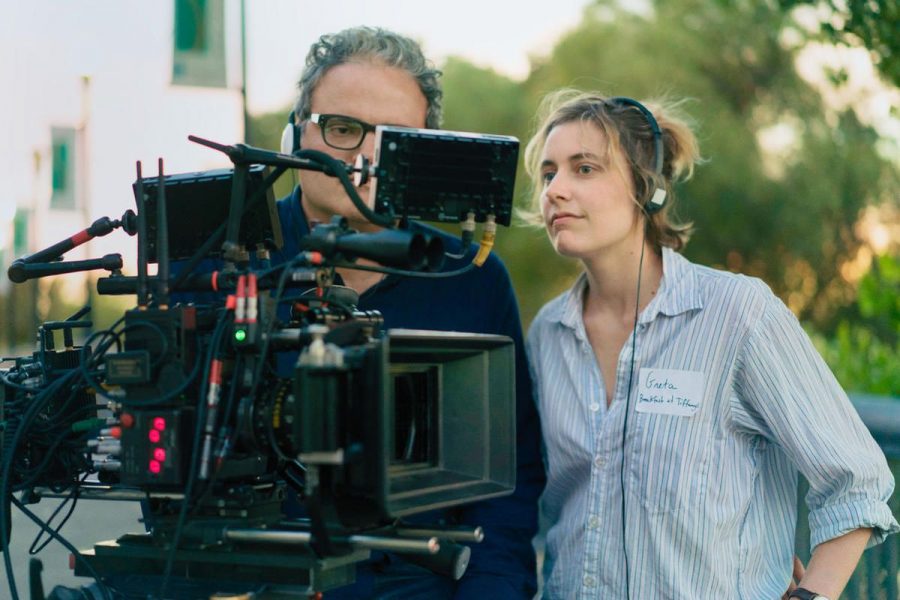Female Film Directors
The need for more accurate representation begins with the director’s chair
Allowing for a fresh female perspective can levitate a film’s popularity, as seen in Greta Gerwig’s “Lady Bird,” which grossed $79 million at the box office.
March 25, 2021
The trend for filmmaking in the past has been mostly dominated by men, with female directors only making up one-tenth of the top 250 films made in 2015, according to time.com. However, there are many benefits to women directing movies and TV shows, especially those that focus on female characters and perspectives.
English teacher Katie Cockrell teaches a film studies class where students analyze movies, directors and filming style. Cockrell emphasizes the perspective that female directors give to their work.
“A female director may be able to ensure a more accurate portrayal of a female character in their actions and emotions,” Cockrell said. “Just as someone else telling a story about your life may not be as truthful, accurate or interesting as if you told it yourself. As storytellers, the stories we tell the best are the ones that we feel the most personal connection to.”
Historically, about half of all films made during the silent film era- from the mid-1890s to the 1920s- were directed or written by women. These numbers declined through the rest of the 20th century, and even today there is inequality in the hiring of female directors. Hollywood has been accused of discriminating based on gender, leading to fewer female directors who can accurately portray female characters in both lead and supporting roles.
Recently, female directors such as Greta Gerwig, Kathryn Bigelow and Sofia Coppola have created movies that show a variety of perspectives. Greta Gerwig’s 2017 Lady Bird as well as 2019’s Little Women give refreshing takes on what it is like to be a young woman, both in 21st century California and 19th century New England, respectively.
Emily Daniel (12) enjoyed the movie Lady Bird because of the realistic characters and struggles.
“I loved watching Lady Bird because the characters and storyline appealed to me as a young teenage girl,” Daniel said. “I think that seeing a flawed character grow through situations that many people my age experience is comforting as well as inspiring.”
Kathryn Bigelow is the only woman to ever win the Academy Award for Best Director for her 2009 movie The Hurt Locker. She has spoken about discrimination and bias in the Hollywood industry and its need of change.
“I have always firmly believed that every director should be judged solely by their work, and not by their work based on their gender,” Bigelow said to Time Magazine. “Gender discrimination stigmatizes our entire industry. Change is essential. Gender-neutral hiring is essential.”
The 2021 Netflix movie Moxie, directed by Amy Poehler, is about a young teenage girl who starts an anonymous network at her high school where she calls out sexism that goes unexcused. The film features a very diverse group of characters, showing representation of different ethnicities, sexualities and body types. Poehler strived to represent a realistic story of young women.
“There’s often a very patriarchal way to tell a story,” Poehler said to Vogue magazine. “But I’ve always been drawn to films that show people trying, in real-time, to figure out what they care about and what they’re going to do about it.”




